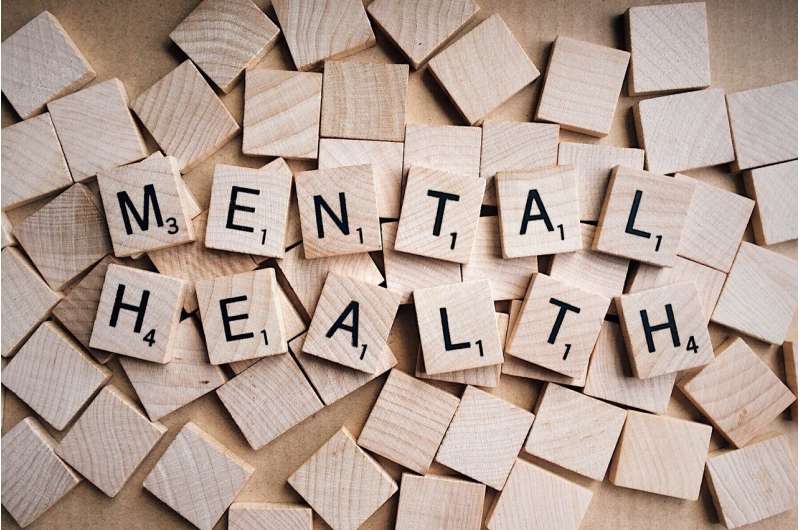Rising Trends in Mental Health Diagnoses Among Publicly Insured Children Before COVID-19

A recent and comprehensive study has shed light on the alarming increase in mental health and neurodevelopmental disorder diagnoses among children with public insurance in the United States prior to the COVID-19 pandemic. Researchers from Emory University and Children’s Healthcare of Atlanta analyzed claims data from Medicaid and the Children's Health Insurance Program, covering nearly 30 million children aged 3 to 17 across 22 states between 2010 and 2019. Their findings, published in JAMA, revealed that the percentage of children diagnosed with such disorders rose significantly from 10.7% in 2010 to 16.5% in 2019, representing an absolute increase of 6.7 percentage points. This increase was observed across all demographic groups, including various ages, genders, races, ethnicities, and geographic locations. The most notable growth was seen in diagnoses of ADHD, anxiety, autism spectrum disorder, trauma- and stressor-related disorders, and depression. Lead researcher Dr. Janet Cummings emphasized the severity of these findings, noting that the rate of diagnoses has escalated considerably even before the pandemic’s onset, which has been linked to further declines in children's mental health. The study highlights a pressing need for enhanced mental health resources and systemic support to meet the rising demand among vulnerable children. As mental health challenges continue to grow, investing in supportive infrastructure is crucial for fostering children’s development and ensuring their long-term well-being.
Stay Updated with Mia's Feed
Get the latest health & wellness insights delivered straight to your inbox.
Related Articles
Exploring How Video Games Can Contribute to a More Meaningful Life
New research from the University of Washington reveals how video games can foster meaningful experiences that promote personal growth, mental health, and social connections, challenging traditional views of gaming as mere entertainment.
Evidence-Based Strategies to Effectively Manage Chronic Stress
Discover practical, evidence-based strategies to help manage chronic stress, boost resilience, and enhance overall well-being through simple, sustainable habits.
Enhancing Brain Health in Early Dementia with Game-Based Training
Recent studies show that game-based training using exergames can improve memory and induce brain structural changes in individuals with early signs of dementia, offering hope for non-drug interventions to slow disease progression.
The Potential Benefits of Narcissism in Athletic and Coaching Relationships
Exploring how narcissism, often seen as negative, can positively influence coach-athlete relationships and enhance sports performance when managed effectively.



